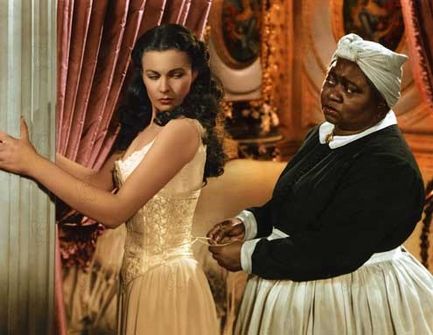Why, ‘frankly my dear,’ you should give a damn!
Studying history can make you see things you didn’t before…
I am currently taking HIST 447B, a course entirely committed to analyzing the legacy racial slavery has had on the United States. For the past four years of my degree I have been a student of mainly twentieth century European history, and so I knew little to nothing about the slave history in America, except for what I had seen on television and in movies. Through my readings and the in-class discussions with Professor Paul Krause, I increasingly could not believe I hadn’t gotten into this area of history before. It is so interesting and so unsettling, and the more you learn about it the more you notice things you’ve recently read in class emerge in your everyday life.
I am still a stickler for WWII history, but it doesn’t pop up on a daily basis like the topic of race does in the media. The cable channel Turner Classic Movies aired the classic 1939 film Gone with the Wind over reading break, and even though I had seen the film before and knew it dealt with racism through its storyline of the American Civil War, I had never realized how racist the film itself was. The two main black actors in the film are both portrayed as bumbling fools, while the white characters are portrayed as the paragons of honour and courage. Once you see it, you can’t un-see it, and I don’t know if I would have seen it before taking this course.
After watching the film I did some research, and the African-American woman who portrayed Scarlett O’Hara’s nurse, Hattie McDaniel, was the first African-American to both be nominated, and to win, an Academy Award. Clark Gable apparently became good friends with McDaniel during filming, and threatened to boycott the Atlanta, Georgia premiere of the film as McDaniel and her other African-American co-stars were barred from attending due to the state’s segregationist laws. It is amazing to think that the film itself deals so prominently with the problem of racism in The United States, yet when it was released, America was still a country largely troubled by its racist issues, and arguably, is still dealing with these problems today.
For me, this is a really excellent example of how studying history can not only open your eyes to things you may not have seen before or questioned before, but it allows us as students to look at the past and evaluate what it means for us today.
——————————————-
Corrine Hof is completing her fifth year at UBC and is graduating this May. Historically, she interests herself with twentieth-century history. She has also just completed a semester abroad at at Leiden University in the Netherlands.



